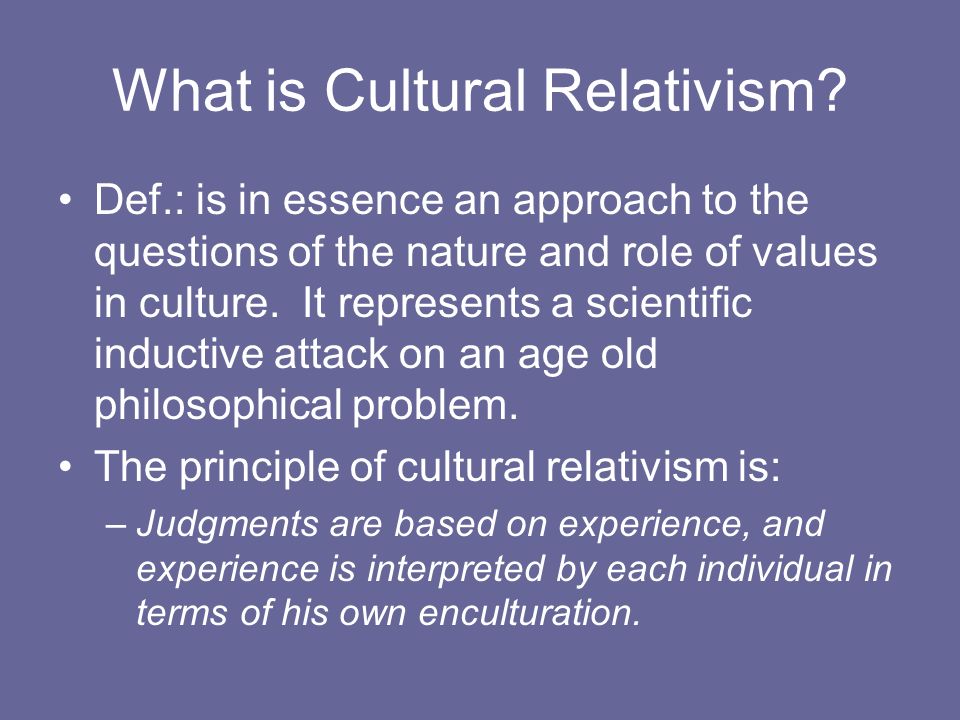Relevance: Sociology: Ethnocentrism
Despite how much humans have in common, cultural differences are far more prevalent than cultural universals.
For example, while all cultures have language, analysis of particular language structures and conversational etiquette reveal tremendous differences. In some Middle Eastern cultures, it is common to stand close to others in conversation. North Americans keep more distance, maintaining a large “personal space.” Even something as simple as eating and drinking varies greatly from culture to culture.
If your professor comes into an early morning class holding a mug of liquid, what do you assume she is drinking?
In the United States, it’s most likely filled with coffee, not Earl Grey tea, a favorite in England, or Yak Butter tea, a staple in Tibet.
The way cuisines vary across cultures fascinates many people. Some travelers pride themselves on their willingness to try unfamiliar foods, like celebrated food writer Anthony Bourdain, while others return home expressing gratitude for their native culture’s fare. Often, Americans express disgust at other cultures’ cuisine, thinking it’s gross to eat meat from a dog or guinea pig, for example, while they don’t question their own habit of eating cows or pigs. Such attitudes are an example of ethnocentrism, or evaluating and judging another culture based on how it compares to one’s own cultural norms.
Ethnocentrism, as sociologist William Graham Sumner (1906) described the term, involves a belief or attitude that one’s own culture is better than all others. Almost everyone is a little bit ethnocentric.
For example, Americans tend to say that people from England drive on the “wrong” side of the road, rather than the “other” side. Someone from a country where dog meat is standard fare might find it off-putting to see a dog in a French restaurant—not on the menu, but as a pet and patron’s companion.
Pros & Cons
A high level of appreciation for one’s own culture can be healthy; a shared sense of community pride, for example, connects people in a society. But ethnocentrism can lead to disdain or dislike for other cultures, causing misunderstanding and conflict. People with the best intentions sometimes travel to a society to “help” its people, seeing them as uneducated or backward; essentially inferior. In reality, these travellers are guilty of cultural imperialism, the deliberate imposition of one’s own cultural values on another culture.
For more such notes, Articles, News & Views Join our Telegram Channel.
Click the link below to see the details about the UPSC –Civils courses offered by Triumph IAS. https://triumphias.com/pages-all-courses.php


